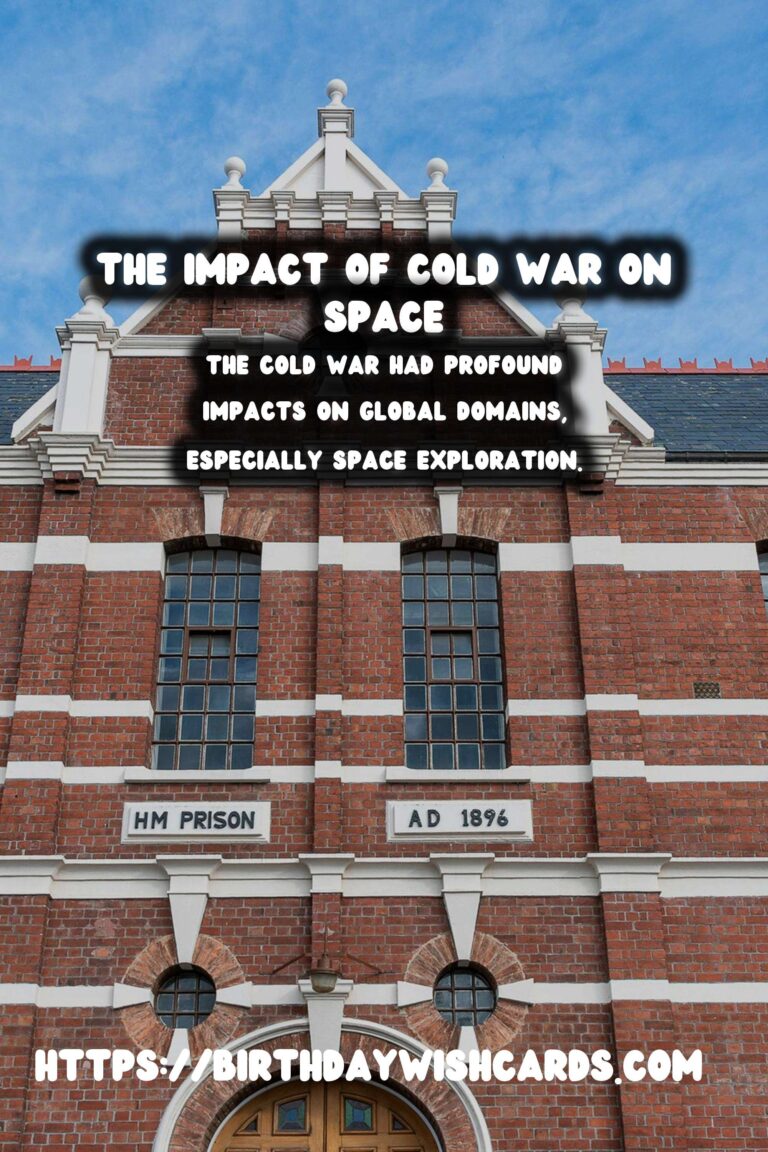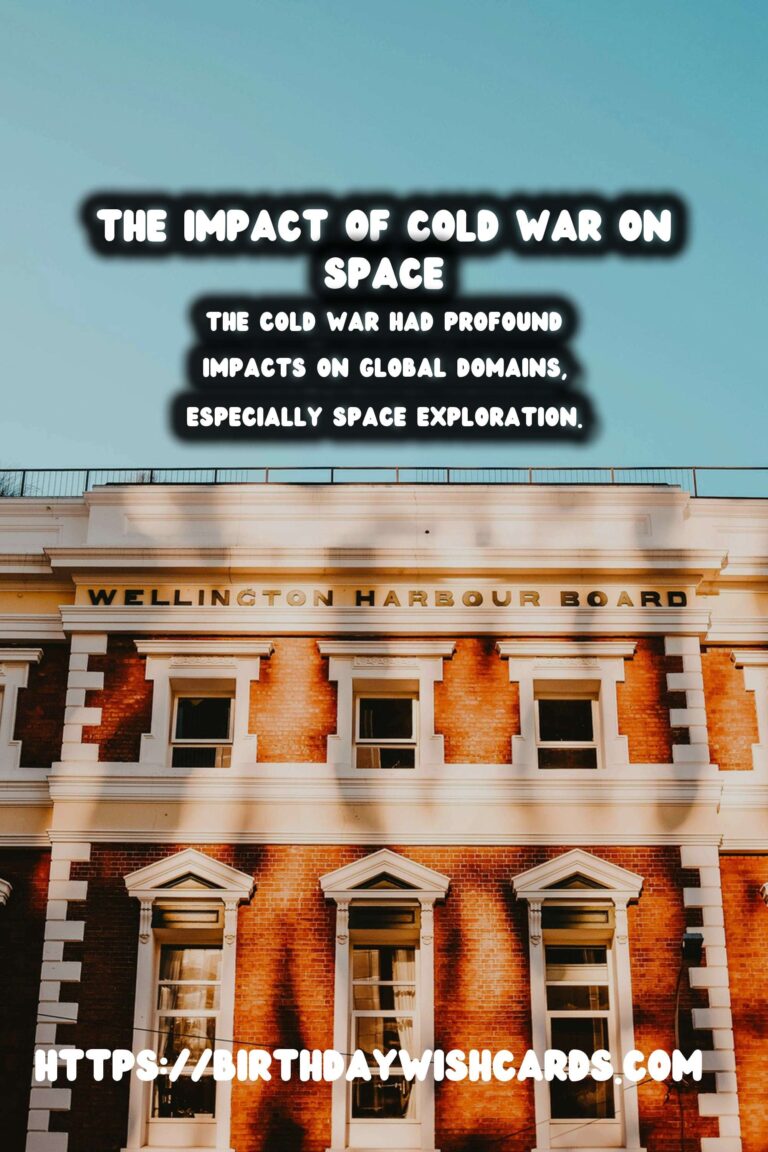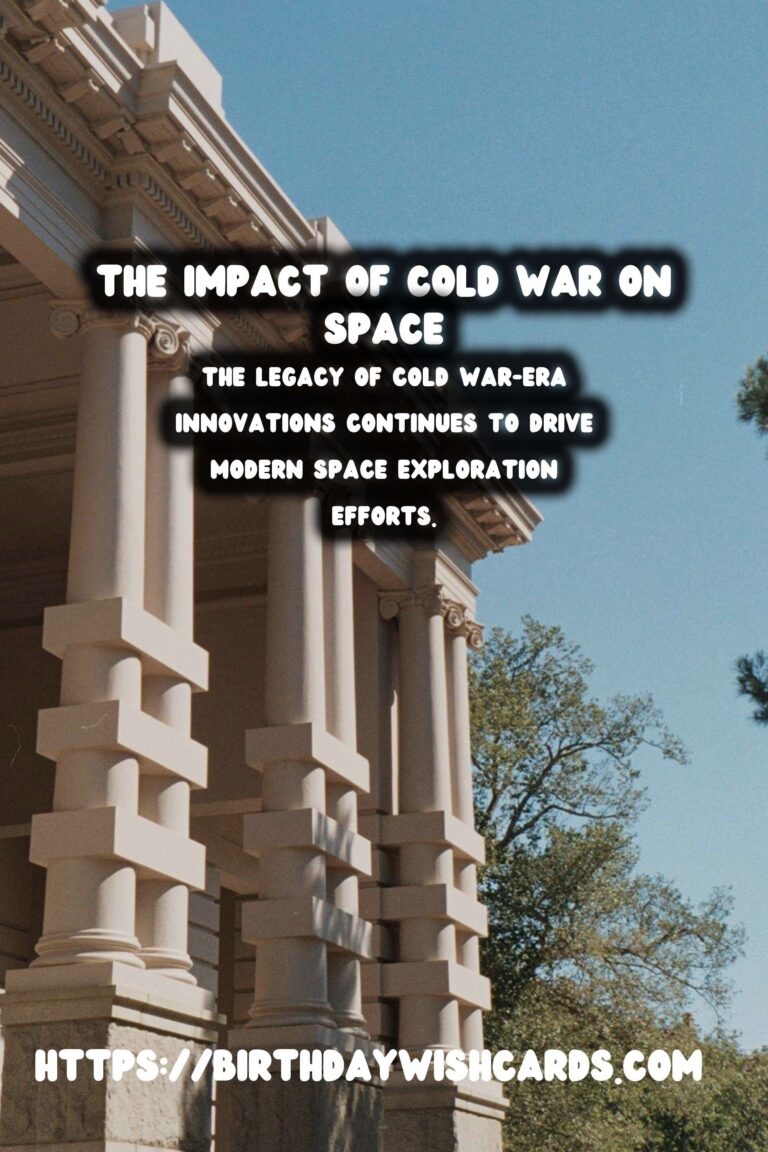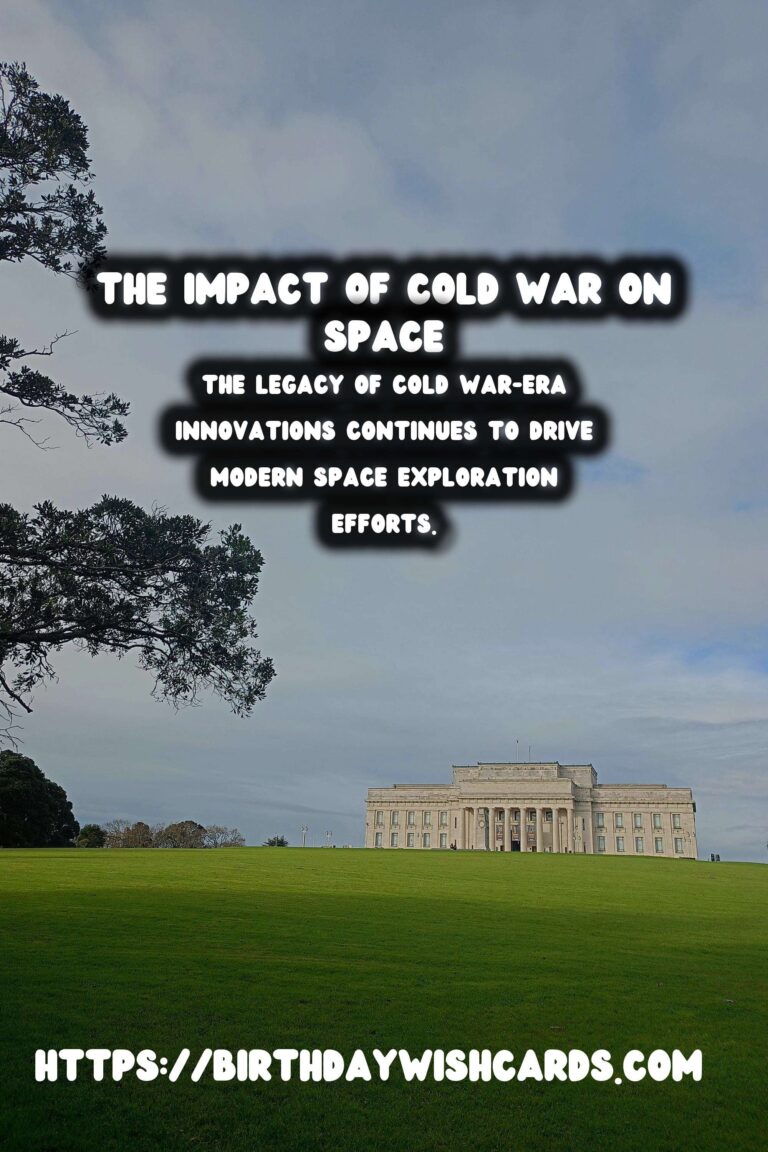
The Cold War, a period of political tension and military rivalry between the United States and the Soviet Union, had profound impacts on various global domains, especially space exploration. This era, spanning from the aftermath of World War II until the early 1990s, witnessed humanity’s leap into the cosmos as a new frontier for competition.
The Space Race: A New Battleground
One of the most prominent outcomes of the Cold War was the Space Race, a competition to achieve significant space exploration milestones. The launch of Sputnik by the Soviet Union in 1957 marked the dawn of this rivalry and triggered rapid advancements in space technology.
In response, the United States established NASA and focused intensely on sending a man to the moon, a goal realized with the Apollo 11 mission in 1969. These efforts were not just about national pride but also military strategy, as space was perceived as the next potential battleground.
The Impact of Cold War Rivalry on Technology
Cold War competition propelled the development of advanced technologies that have had lasting benefits beyond military applications. The need for powerful launch vehicles, miniaturized electronics, and robust communication systems has driven innovation, leading to significant contributions in fields like telecommunications, weather forecasting, and global navigation systems.
Satellite technology, for instance, owes much of its development to the technological race during the Cold War, which has enhanced communications and observation capabilities exponentially.
Collaborative Efforts and the End of the Cold War
The harsh rivalries gradually paved the way for collaboration. In this context, the Apollo-Soyuz Test Project in 1975 became a pivotal step towards international cooperation in space exploration, setting a precedent followed by subsequent joint ventures like the International Space Station (ISS).
With the Cold War’s conclusion, opportunities for cooperation widened, illustrating how initial rivalries could transform into partnerships to tackle global challenges and expand human presence in space.
Influence on Modern Space Exploration
The legacy of Cold War-era innovations continues to drive modern space exploration efforts. The competitive spirit initiated under pressure has been redirected towards peaceful scientific inquiry and exploration, fostering environments for private companies like SpaceX and Blue Origin to thrive.
Today, international collaboration appears more viable than ever, with multinational missions aiming for Mars and beyond, highlighting that the seeds sown during the Cold War still flourish.
While the Cold War era might be a closed chapter, its influence on space exploration remains strongly evident. Our progression into the cosmos owes much to that pivotal time in history, which inadvertently laid down the framework for our current capabilities and future aspirations in space travel.
The Cold War had profound impacts on global domains, especially space exploration. The legacy of Cold War-era innovations continues to drive modern space exploration efforts. 









#SpaceExploration #ColdWar




